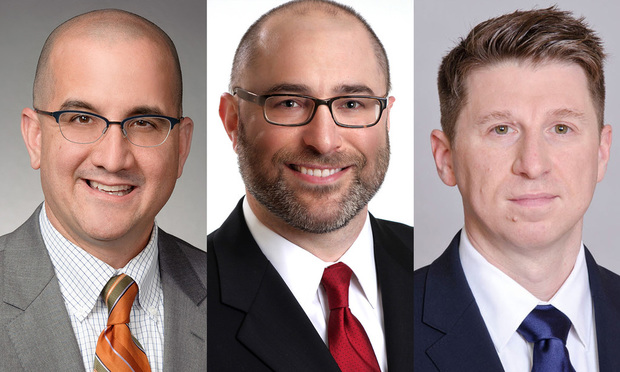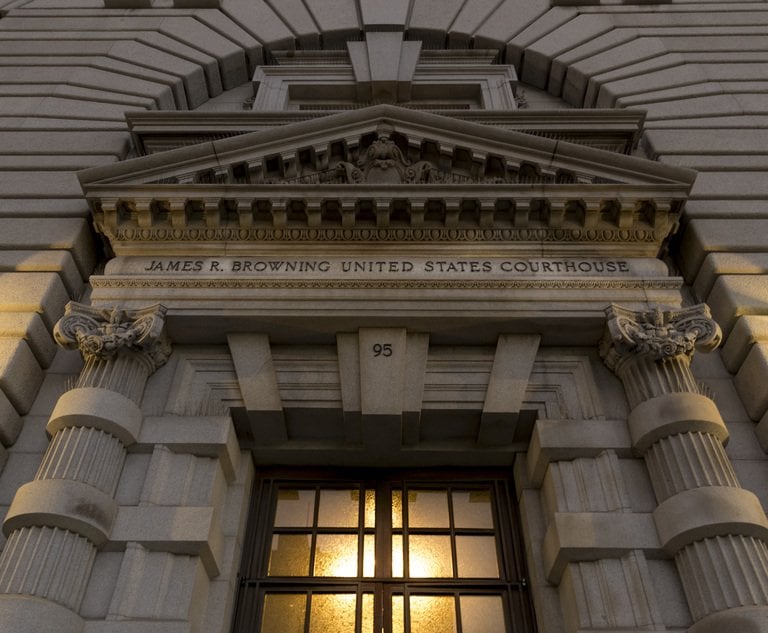In a highly anticipated move, the U.S. Supreme Court recently agreed to consider a trio of cases that will determine whether the nation’s most prominent workplace discrimination statute prohibits employment discrimination against LGBT workers. The issue: whether Title VII’s ban against “sex” discrimination covers claims involving sexual orientation and gender identity. Employers across the country will finally have a definitive answer regarding the contours of the federal primary civil rights law as it applies to members of the LGBT community. But will this news even cause a ripple for California employers?
Sexual Orientation Discrimination
Before we examine the impact the cases will have on the California business community, it’s important to understand the context of each case. The first two cases accepted by the court cover the issue of sexual orientation discrimination. In February 2018, the U.S. Court of Appeals for the Second Circuit became the second federal appeals court in the country to hold that sexual orientation was covered by Title VII’s protections (Zarda v. Altitude Express). Donald Zarda worked as a sky-diving instructor on New York’s Long Island over the summer of 2010. During one tandem jump, where he was strapped hip-to-hip to a female client, he attempted to lightheartedly comfort her by telling her that he was gay “and had an ex-husband to prove it.” The client claimed that Zarda inappropriately touched her and only disclosed his sexual orientation to excuse his behavior.


 (L to R) Benjamin Ebbink, Jeffrey Fritz and Rich Meneghello, Fisher Phillip (Photo: Courtesy Photo)
(L to R) Benjamin Ebbink, Jeffrey Fritz and Rich Meneghello, Fisher Phillip (Photo: Courtesy Photo)




